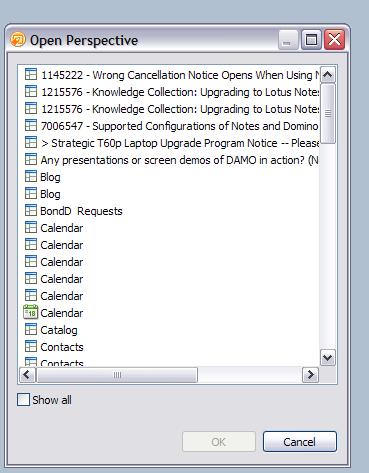

Most libraries enable you to specify attributes on your classes to override the names of the fields as they are being serialized. NET libraries will use DataContract/DataMember attributes and settings. Don’t serialize all fields, null or default valuesĬheck your JSON library settings to see how you can ignore specific fields, omit null values, etc.
Huge json viewer download how to#
Learn how to use an alternate JSON serializer here.įind info about Web API serialization settings here. In some scenarios you may also want to configure various special settings as well. If you want to use a different one you can override it by making your own MediaTypeFormatter. (jsonData) //slower with generic JObject resultīy default Web API uses Json.NET. This is likely because a lot more meta data is tracked with the generic Json.NET’s JObject, JArray, JValue objects. Parsing generic JSON to a JObject or generic dictionaries with FastJson is slower (~20%) than reading that data in to a defined class type. If at all possible, make sure you have a class that matches the JSON structure you are working with. We were able to do some optimization of this logic and it made a pretty significant difference in server CPU usage. In the first version of our code, we were looping through the array and kept serializing one log messages at a time because the final output could only be up to a certain size to queue. We queue the log messages as they come in and there is a maximum message size for the queue. For example, at Stackify as part of our error & log management tool, we can receive some large JSON messages of log statements. In some use cases, you may receive a large object array that you have to break up into smaller pieces. Serialize/Deserialize Larger vs Smaller JSON Objects Then write the data as a string to a queue or somewhereĥ.

Read raw json as a string from the body of the HTTP post, and don’t parse it Public async Task MyMethod() // no method parameters here! We can just queue it and let our background services do further validation of the data later. When using something like ASP.NET Web API, don’t define your methods expecting specific classes as incoming data and instead read the post body so ASP.NET never parses the JSON.įor Stackify’s services we use header values for authentication, so in some scenarios, we never even need to analyze the body of the message. For web apps that receive JSON and simply write it to a queue, database, or other storage, try not to ever parse the JSON if you can. This may seem obvious, but it necessarily isn’t. So use gzip wherever possible when communicating with your web services. Since JSON is just simple text, you can expect to get up to 90% compression. Improved Performance using JSON Streaming This is a little more efficient and preferred where possible. Most JSON parsing libraries can read straight from a stream instead of a string. I haven’t tested it myself but I have also heard good things about Jil which is designed entirely for speed by StackExchange’s team. Overall most features and flexibility: Json.NET Here are my results from doing some simple benchmarks from a test app ( View on GitHub). If you do a lot of parsing and really care about performance, FastJsonParser is a lot faster than anything else I have tried. This is based on my own testing and I encourage you to do the same. But ServiceStack, FastJsonParser () and even the built in DataContractJavascriptSerializer may be faster or provide specific features you may need depending on the scenario. In ASP.NET the most popular JSON library is Json.NET (Newtonsoft). You may need multiple JSON libraries for optimal performance and features NET for most of our services, most of these tips apply to other programming languages as well. We have compiled a list of some common JSON performance tips.
Huge json viewer download code#
Although originally derived from the JavaScript scripting language, JSON is now a language-independent data format and code for parsing and generating JSON data is readily available in many programming languages.Īt Stackify, we use JSON extensively for REST APIs, serializing messages to queues, and much more. JSON is easy to work with and has become the standard data format for virtually everything.


 0 kommentar(er)
0 kommentar(er)
